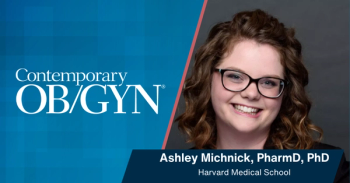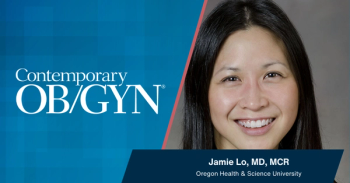
Increasing accountability for 'never events'
The Leapfrog Group, a national coalition of large health-care purchasers, is asking hospitals and their staffs to agree to be held accountable for events that "occur rarely, are clearly identifiable, largely preventable, have serious consequences, and should never happen," reported Medical Economics (12/15/2006). These so-called "never events" include leaving a foreign object in a patient or discharging an infant to the wrong parents.
The Leapfrog Group, a national coalition of large health-care purchasers, is asking hospitals and their staffs to agree to be held accountable for events that "occur rarely, are clearly identifiable, largely preventable, have serious consequences, and should never happen," reported Medical Economics (12/15/2006). These so-called "never events" include leaving a foreign object in a patient or discharging an infant to the wrong parents.
Those hospitals that agree to the group's proposal would be recognized publicly in the 2007 Leapfrog Hospital Quality and Safety Survey. But, if a "never event" does occur, a hospital must apologize to the patient, report the incident to at least one reporting agency such as the Joint Commission on Accreditation of Healthcare Organizations, perform a root-cause analysis, and either waive all costs directly related to the event or pay for additional care.
Newsletter
Get the latest clinical updates, case studies, and expert commentary in obstetric and gynecologic care. Sign up now to stay informed.









